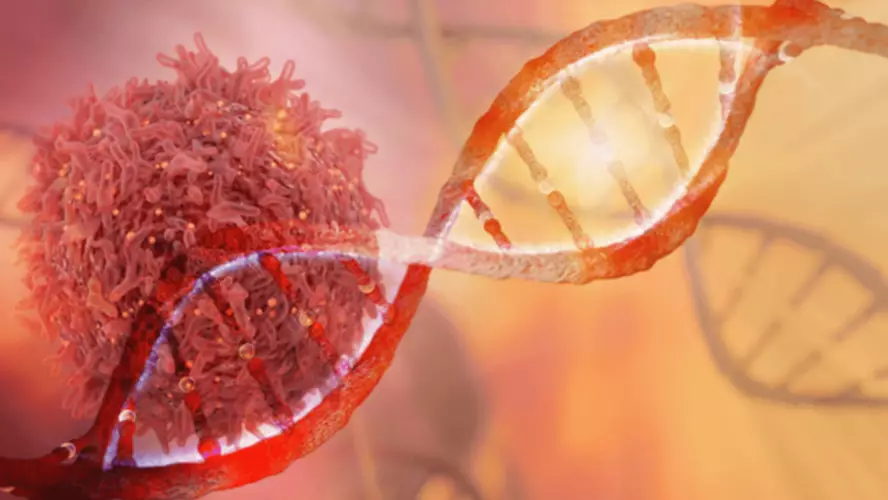What Does Alcohol Do to Your Body?

Additionally, alcohol consumption increases the number of calories the body absorbs from food. Therefore, while alcohol may not directly increase appetite, it can certainly lead to weight gain by causing the body to absorb more calories than it would otherwise. Drinking habits impact your hunger level by making you eat more calories than what your body actually needs. After a couple of drinks, the munching of snacks usually goes up.
- The extent to which wasted energy from regular alcohol consumption contributes to weight gain prevention is unclear.
- It’s not just you; many people experience temporary weight gain after consuming alcohol.
- Therefore, while alcohol may not directly increase appetite, it can certainly lead to weight gain by causing the body to absorb more calories than it would otherwise.
- When excessive alcohol consumption disrupts your exercise routine, it can be difficult to maintain a healthy balance.
- This leads to a vicious cycle of weight gain and increased belly fat.
- Sugar alcohols such as fructose, lactose, raffinose, and sorbitol are found in foods such as fruit.
Does alcohol cause belly fat?

This indicates that beer drinking doesn’t specifically put weight on your belly. Furthermore, it’s been shown that people don’t always compensate for the calories they consume from alcohol by eating less of other foods instead (5, 6). While there’s not a ton of research on alcohol and weight gain, it likely comes down to how much you drink and what types of alcohol and mixers Substance abuse you consume.
Is High in Empty Calories
- If you drink every day, or almost every day, you might notice that you catch colds, flu or other illnesses more frequently than people who don’t drink.
- And exercise might compensate for the extra calories so weight loss won’t be slowed.
- Alcohol has a lot of calories but offers no nutrients and may affect hormones that control appetite, hunger, and stress.
- Digestive secretions are critical elements of healthy digestion, as they break down food into the fundamental micro- and macronutrients that are absorbed and used by the body.
Let’s take a look at six potential reasons why drinking alcohol may cause weight gain or prevent weight loss. This means that while your body is busy processing the alcohol, the nutrients and calories from solid foods are stored as fat. In essence, consuming alcohol can overshadow the benefits of nutritious foods and promote weight gain. Different types of alcoholic drinks vary in calorie content, with some being higher than others.
- After a few drinks, you may be more likely to make unhealthy food choices without thinking about it.
- Excess alcohol consumption also impairs the liver’s capacity to metabolize and store fats and carbs.
- A less extreme version of substituting alcohol for food when attempting to lose weight is to eliminate carbohydrates from one’s diet, and to consume wine instead.
Cancer risk

This is the trick to drinking alcohol and still losing weight (10). High-calorie, high carb, and high sugar foods, https://ecosoberhouse.com/article/alcoholism-and-denial-helping-an-alcoholic-in-denial/ when consumed with alcohol, will cause weight gain and a beer belly. The calories from alcohol won’t make you feel full leading you to eat more and more. The next most significant tip is keeping healthy habits and making sure you don’t eat bad foods with alcohol intake.

How long does alcohol stop fat burning?
Nowadays, you can see people drinking alcohol regardless of their age and from all walks of life. There are lots of scary facts and assumptions from drinking alcohol. While it may lead to very negative effects on our body, you don’t have to ditch alcohol entirely to maintain your gorgeous bod. You can still drink alcohol but take note — it should be in moderation. In doing this, especially for heavy drinkers, you really should have a strong will-power and lots of discipline. A supportive family and friends will also help you in having a tip-top shape and a healthy, well-balanced life.
Interested in learning more about metabolic health and weight management? You may consider opting for a mixed drink that has little to no added sweeteners, like a vodka soda or regular martini. If you like bubbles, try a gin and soda (tonic water is full of added sugar) with a squeeze of fresh lime juice. Plus, lower testosterone levels may affect quality of sleep, especially in older men. And prolonged alcohol use can lead to mental health conditions like anxiety and depression. “Excessive alcohol consumption can cause nerve damage and irreversible forms of dementia,” Dr. Sengupta warns.
- It is high in calories and affects your hormones, making you more hungry.
- Switching to a low-carb alcoholic seltzer is also better if weight maintenance or loss is your goal.
- There have also been recent studies that have found a general positive association between alcohol intake and weight gain 42.
Week Body Recomposition Guide: Lose Fat & Gain Muscle (
Moreover, in order to compensate for the calories ingested from alcohol, these individuals will starve themselves. While alcohol consumption can contribute to weight gain, the good news is that minimizing alcohol intake can lose weight over time. Physiologically, alcohol can affect hormones that regulate hunger and satiety, such as ghrelin and leptin.
Cheese Glycemic Index: Nutrition Facts, Weight Loss, Health Benefits
The sedative effects of alcohol can decrease motivation and energy for physical activity. Additionally, alcohol’s diuretic properties can lead to dehydration. This causes the body to retain water in an effort to maintain fluid balance. Water retention can contribute to a temporary increase in weight, particularly in the abdominal area. Quality sleep is a vital part of overall health and weight management. While some adults use alcohol as a sleep aid, it actually disrupts sleep quality.
Weight Loss

1 to 2 alcoholic beverages in a day should be able to be burned off by your body before they lead to weight gain. Alcohol consumption can lead to weight gain does alcohol make you gain weight and increases in belly fat (4). However, the most significant cause of weight gain in the stomach due to alcohol consumption is the empty calories your body has to burn off and then consume bad foods.
What is light, moderate, and heavy drinking?
Finally, alcohol has to be burned first by your body, leaving the food you consume to be turned into fat tissue. Drinking frequently can also result in excess fat or weight gain. Often referred to as the “beer belly,” your stomach after copious amounts of alcohol long-term will probably be bigger than if you weren’t drinking. One gram of alcohol contains 7.1 calories, and commonly consumed drinks can range from about 100 to 200-plus calories.




